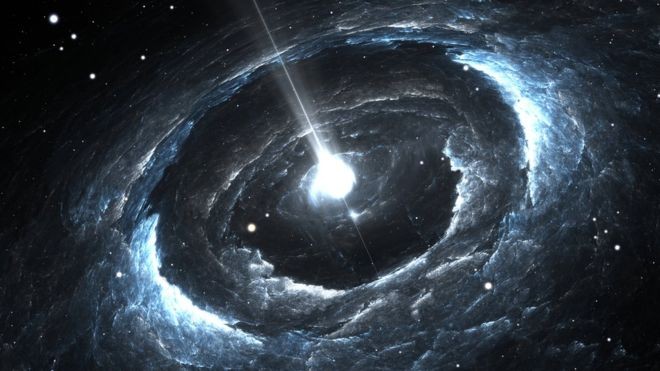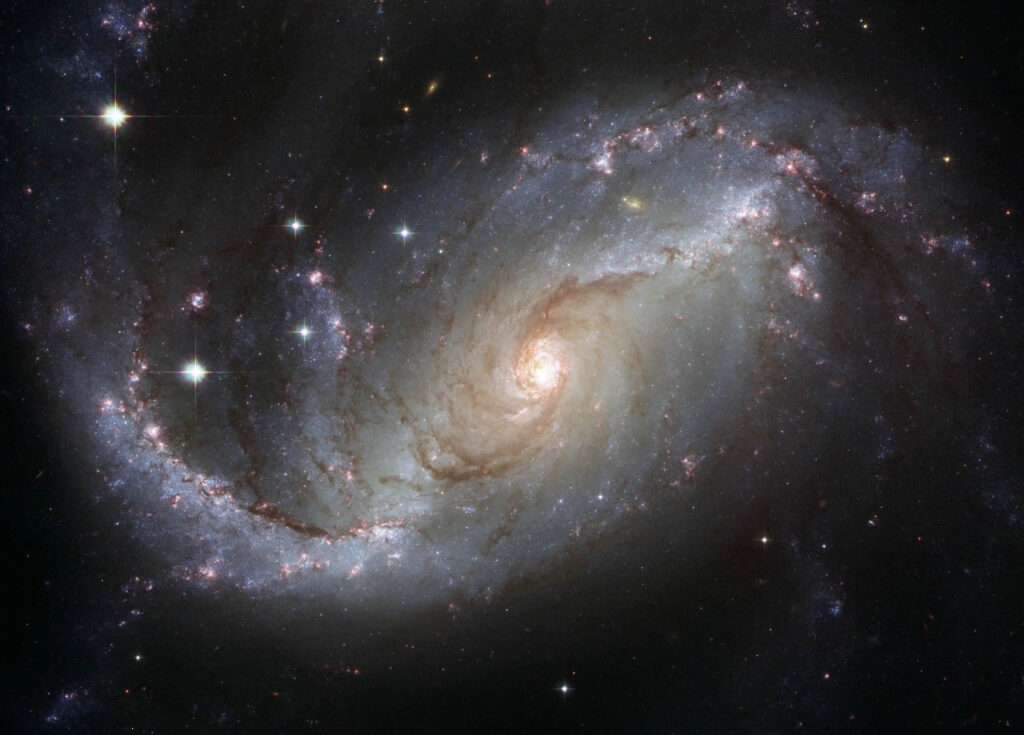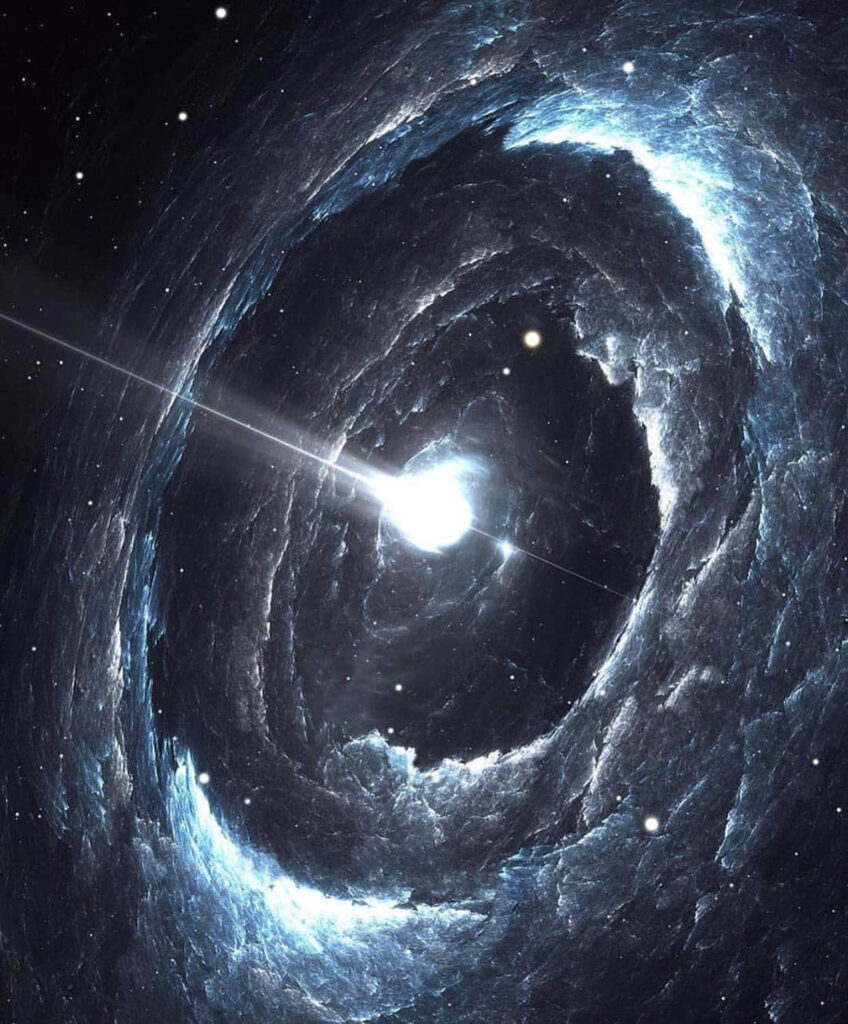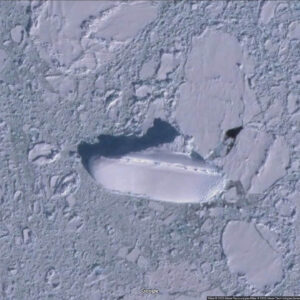The scientific world is shocked by the news that an observatory in Canada recently discovered mysterious radio emissions from a galaxy system outside the Solar System.
The CHIME telescope, located in the Okanagan Valley, British Columbia, Canada, recently recorded 13 radio emissions (FRBs) detected between July and September. In October 2018, there was an unusual, repeating emission that was believed to come from a source 1.5 billion light years away from Earth.
Up to now, the exact form and origin of the above radio emissions have not been clarified by scientists and astronomers.

First discovered in 2007, FRB emission is one of the most intriguing mysteries in modern astrophysics. They are described as radio wavelengths that flash across the galaxy for just a few milliseconds but are enough to create energy equivalent to 50 million Suns.
The above announcement, published in the scientific journal Nature, has caused shock in the scientific and astronomical community around the world, because the FRB has long been the subject of many research projects and hypotheses to clarify their formation and development in the universe. According to some research, determining the origin of FRB emissions can help us explain whether or not another civilization exists beyond Earth.

“The detection of an FRB emission with an unusual signal proves that there will be many similar emissions in space,” said Ingrid Stairs, Professor of Astrophysics at the University of British Columbia. Repeating the above with many available studies, we can understand more about the hidden corners of the universe, as well as answer the questions: where do they come from and how are they created?
Professor Shriharsh Tendukar of McGill University, Canada, said he had studied this emission case and discovered properties very similar to a similar emission discovered previously. “This gives us an additional opportunity to view the properties of the FRB as a living entity.” Professor Tendukar affirmed.

First discovered in 2007, FRB emission is one of the most intriguing mysteries in modern astrophysics. They are described as radio wavelengths that flash across the galaxy for just a few milliseconds but are enough to create energy equivalent to 50 million Suns.
Many hypotheses suggest that this emission was formed by a neutron star with a very strong magnetic field and a fast moving speed, or two neutron stars combining together, but there are also other hypotheses that the FRB is actually is the structure of an alien spacecraft.
To date, a total of 60 cases of FRB emission have been detected in space, but only 2 emissions had unusually repeated signals. The first case was discovered from the Arecibo radio telescope in Puerto Rico in 2015.





